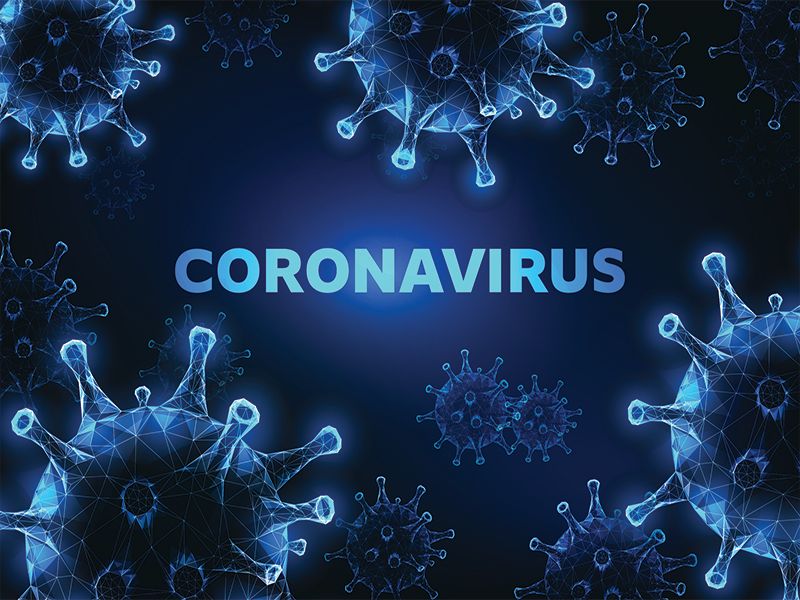Cocktail of two antibodies against SARS-CoV-2 spike protein reduces viral load, with greater effect in antibody-negative patients
MONDAY, Dec. 21, 2020 (HealthDay News) — An interim analysis of data from an ongoing phase 1 to 3 trial shows that an antibody cocktail enhances clearance of severe acute respiratory syndrome coronavirus 2 (SARS-CoV-2) virus, according to a study published online Dec. 17 in the New England Journal of Medicine.
David M. Weinreich, M.D., from Regeneron Pharmaceuticals in Tarrytown, New York, and colleagues examined two fully human, neutralizing monoclonal antibodies against SARS-CoV-2 spike protein used in a combined cocktail (REGN-COV2) to reduce the risk for the emergence of a treatment-resistant mutant. A total of 275 patients were randomly assigned to receive placebo, 2.4 g REGN-COV2, or 8.0 g REGN-COV2 and were characterized as serum antibody-positive or negative at baseline.
The researchers found that the least-squares mean difference (combined REGN-COV2 dose groups versus placebo) in the time-weighted average change in viral load from day 1 through 7 was −0.56 log10 copies/mL and −0.41 log10 copies/mL among patients who were serum antibody-negative at baseline and in the overall trial population, respectively. In the overall trial population, 6 and 3 percent of patients in the placebo and combined REGN-COV2 groups, respectively, reported at least one medically attended visit; the corresponding percentages were 15 and 6 percent among those who were serum antibody-negative at baseline. Hypersensitivity reactions, infusion-related reactions, and other adverse events did not differ between the REGN-COV2 and placebo groups.
“Our analysis suggests that an antibody cocktail against SARS-CoV2 can also be an effective antiviral therapy, enhancing viral clearance and thus leading to improved outcomes, particularly in patients whose own immune response to the virus is slow to initiate,” the authors write.
Several authors disclosed financial ties to pharmaceutical companies, including Regeneron Pharmaceuticals, which partially funded the study.
Copyright © 2020 HealthDay. All rights reserved.








